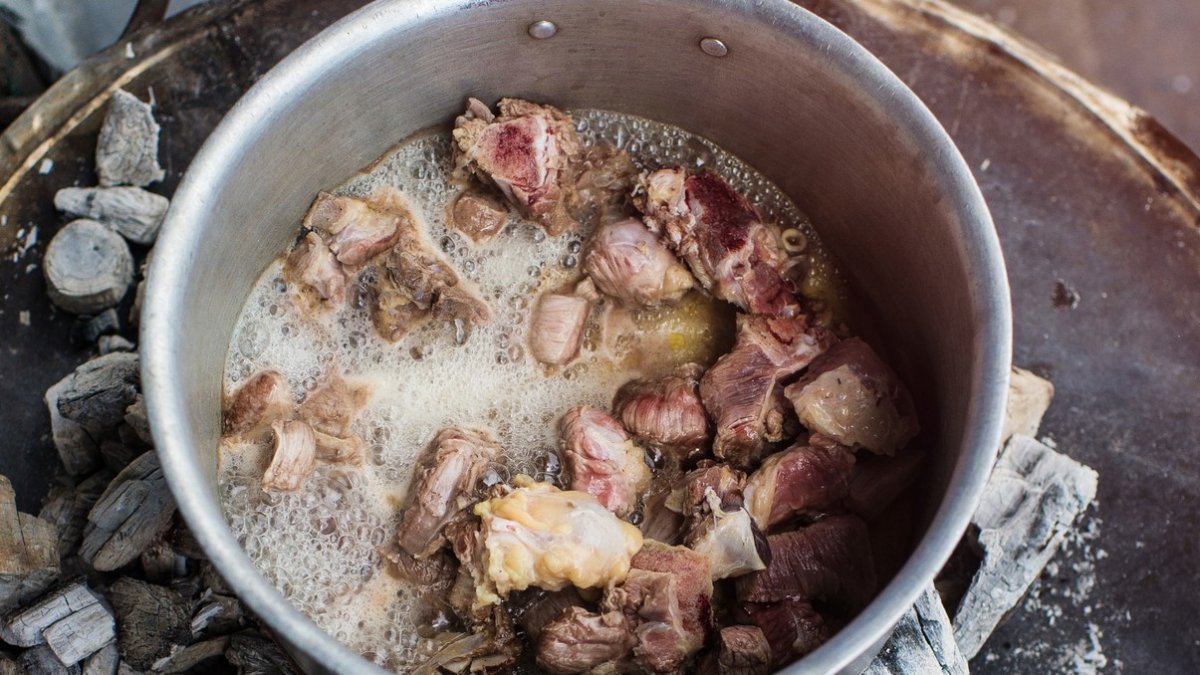World’s vulnerable are being polluted in their own homes as they cook, finds new Surrey study
Three-quarters of kitchens in low-income homes across 12 major global cities are heavily polluted by cooking emissions, according to research from the University of Surrey and its global partners.

The first-of-its-kind study found that poor ventilation and fuel choices were the most significant contributors to poor air quality in people’s kitchens, but the size of the kitchen and the way food was cooked also mattered. Frying food led to particularly high levels of indoor pollution.
Professor Prashant Kumar, Founding Director of the University of Surrey’s Global Centre for Clean Air Research (GCARE), who led the research published in Environment International, said:
“There’s a notable wealth divide when it comes to indoor air quality and also a gender divide, as women are typically disproportionately impacted by pollution caused by cooking, especially in the developing world. This problem must be addressed to improve health and equality.”
The highest average levels of pollution were found in Dhaka, Bangladesh, where kitchens were typically small and people cooked for prolonged periods, often frying food. The cleanest air was found in Medellín, Colombia, due to more space in their kitchens and the use of cleaner cooking fuels.
The way different cuisines are typically cooked also made a difference to air quality in kitchens. The study found that occupants in Dhaka, Nanjing, Dar-es-Salaam and Nairobi spent more than 40 per cent of their cooking time frying, the cooking activity which emits most polluting particles. However, in Cairo, Sulaymaniyah and Akure, roughly two-thirds of cooking time was spent boiling or stewing, which results in fewer particles emitted.
Cooking on charcoal caused the highest levels of kitchen pollution - more than three times the levels when using liquefied petroleum gas (LPG). However, the levels of pollution caused by cooking on natural gas were just thirty per cent lower than that of charcoal.
A combination of natural ventilation and mechanical (for example, extractor fans) in Chennai, Cairo and Sulaymaniyah helped halve kitchen pollution, compared with the use of natural ventilation alone in Addis Ababa, Dar-es-Salam and Nairobi.
Professor Kumar said:
“Improving airflow, using cleaner fuels, filtering efficiency of cooking hoods, and frying less are all ways to reduce the pollution people breathe from cooking. Around the world, kitchens are often where people congregate, but these findings suggest that cooks should discourage family and friends from being around when they’re cooking.”
The World Health Organisation estimates that approximately four million people die prematurely from illnesses attributed to indoor air pollution caused by polluting stoves operating on solid fuels and kerosene. Exposure to high levels of particulate matter, including that from cooking, has been linked to health conditions including heart disease, pneumonia, stroke, lung cancer, and chronic obstructive pulmonary disease.
Next, the research team will further analyse their findings and will develop guidance for reducing exposure to kitchen pollution.
Read the full paper here.
ENDS
Notes to editors
The study was part of the Clean-Air Engineering for Homes (CArE-Homes) and the and the Knowledge Transfer and Practical application of research on Indoor Air Quality (KTP-IAQ) projects, which builds on the CArE-Cities project platform involving 12 DAC-listed countries.
The cities covered were: Dhaka (Bangladesh); Chennai (India); Nanjing (China); Medellín (Colombia); São Paulo (Brazil); Cairo (Egypt); Sulaymaniyah (Iraq); Addis Ababa (Ethiopia); Akure (Nigeria); Blantyre (Malawi); Dar-es-Salaam (Tanzania) and Nairobi (Kenya). In each city, researchers used the same equipment and methodologies to continuously monitor the air quality in the kitchens of five low-income homes.
Professor Prashant Kumar, and partners in respective countries, are available for interview upon request
Contact the University of Surrey press office: mediarelations@surrey.ac.uk
Media Contacts
External Communications and PR team
Phone: +44 (0)1483 684380 / 688914 / 684378
Email: mediarelations@surrey.ac.uk
Out of hours: +44 (0)7773 479911
